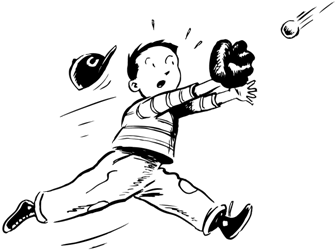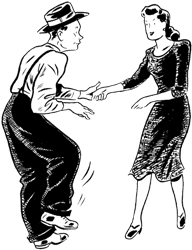Future Perfect Progressive
Tense
(futuro perfecto
progresivo)
(futuro perfecto continuo))
El Future Perfect Progressive (futuro perfecto progresivo) no es un tiempo verbal muy común en inglés. No obstante, deberías entenderlo bien y comprenderlo cuando lo escuchas.
Click Here for Step-by-Step Rules, Stories and Exercises to Practice All English Tenses
¿Qué sigue?
¿Cómo utilizamos este tiempo verbal?
Aquí, PERFECTO significa "completado, terminado".El Future Perfect Progressive (futuro perfecto progresivo) es una forma del verbo que muestra que la acción continuará hasta algún momento en el futuro.
No significa que la acción será "perfecta" (100%). Significa que la acción será terminada.
Estos son
algunos de los diferentes usos que tiene este tiempo verbal:
Asegúrate de leer también:
Una
acción que continuará hasta
hasta algún momento en el futuro
(Los verbos están en negrita)
They will have been
walking for 2 hours by the time they get home.
(Habrán estado caminando durante 2 horas para cuando lleguen a casa.)

In October, he will have been
working
here for a year.
(En octubre, habrá estado trabajando aquí durante un año.)

By the end of the night, he
will have been performing
for 5 hours.
(Para cuando termine la noche, habrá estado cantando durante 5 horas.)

Joe will be tired when he returns
because
he will have been playing
outside the whole afternoon.
(Joe estará cansado cuando vuelva porque habrá estado
jugando afuera toda la tarde.)

he will have been practicing dancing for 3 weeks.
(Mark será un mejor bailarín después de terminar sus
clases porque habrá estado practicando durante 3 semanas.)

When I leave the beach, I will have been sunbathing
for 2 hours.
(Cuando me vaya de la playa habré estado tomando sol durante 2 horas.)

At the end of the night, Laura will be
very professional, even though
she will have been
working for the entire evening.
(Cuando termine la noche, Laura se portará de manera muy profesional
a pesar de que habrá estado trabajando durante toda la tarde.)

Ejemplos
de
expresiones de tiempo típicos
- For
(Durante)
- Since
(Desde)
- All morning
(Toda la mañana)
- All day
(Todo el día)

¿Qué sigue?
Get Updates, Special Offers, and English Resources
Download your FREE GIFT (the first two chapters of
English Short Stories Book and Workbook)
as soon as you join!

By submitting your email, you consent to receiving updates and newsletters from us and to the sharing of your personal data with third parties for the purposes of sending you communications. We will not spam you. You can unsubscribe at any time. For more information, please see our privacy policy.





